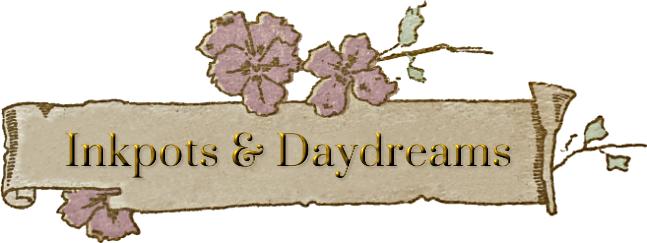great mysterious
multitudinous
voice of the sea —
a composite of all
sounds of the world
brought down
by all the rivers
in their courses
through the lands —
all the sounds
the earth utters
to the heavens
in its daily life —
the tinkle and drip
of pellucid springs
hidden deep in
remote hill countries —
the rattling laughter
of summer streams
with rustling leaves
and piping birds —
the deep whisper
of the woods and
the boom and roar
as they wrestle
with the winds —
the crash of waterfalls
echoes of mountains
the rush of storms and
roll and peal of thunder —
the merry shouts
of playing children
commingled murmurs
of manifold labor and
brooding world-spirit —
the clatter and
grinding of mills
the tumultuous
straining voices
of busy towns —
the world-embracing sea
has taken in and blended
and harmonized all these
into its own eternal call —
as you, child of the world
sit there and listen
your own comes back
to you in that mighty voice —
deep calling unto deep
the soul of the sea
to the soul of the man —
—Rev. James H. Ecob, D.D. (1844–1921), from “The Call of the Universe,”
_____________________________
Ecob began his sermon: “I have long wanted some one whose soul hears, to write a poem on this subject, the call of the sea.” The good reverend already had the contents of the poem right there in his prose; I simply set it free for him and sincerely hope that the new creation is to his liking.
